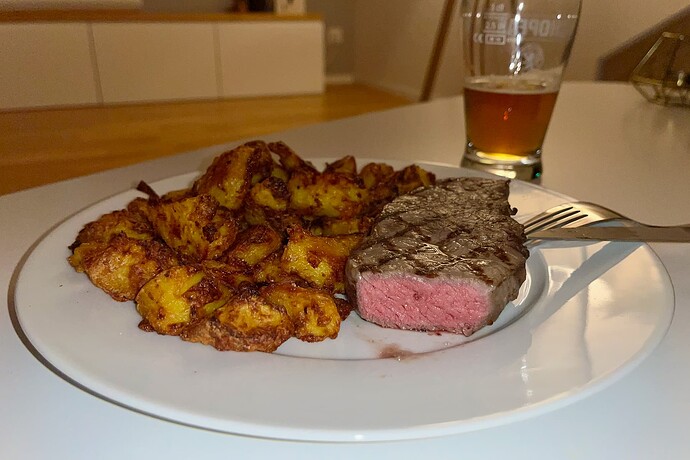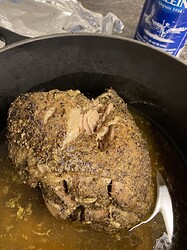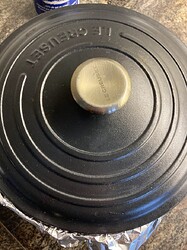Gave me an idea:
Same here. Pork shoulder/neck, leg/shoulder of 2+ year old sheep (mutton) or goat, rooster, wild boar (any), beef brisket, oxtail, pork knuckles (haxen).
I had a butcher in Greece where I was a very regular customer, he got to appreciate the kinds of meats I was buying because they were butchery/cheffy old school meats, and started setting things aside for me. Once he talked me out of buying a piece because it was “too fresh, just slaughtered last week, it’s no good for you” (needed more time hanging in the fridge and aging). There’s a businessman respecting their customers. He once said “I got something special coming up, we have a bunch of old milk cows, nobody will like them and I’ll keep much of it for myself, how about I cut you a side and let it hang for a month or two?”. I bought 20 steaks, almost 1kg each, we were eating them for many months and by God they were sublime. Of course this was about 2015 in Greece, in Switzerland that’d cost as much as a small car. I asked him once why doesn’t he get more on the dry aged hype train, he said he doesn’t like the clientele that goes for that sort of thing “rich pretentious assholes, they’d eat any old shit XYZ TV chef talked about, next month it’d be something else and I’d have lost my regulars”, he said.
LifeProTip from a US-trained chef I met in the army: pre-salting. He told me to salt tough meat well, 1 day before cooking, then wash whatever residue was still there and cook. Tenderises the meat and salts it internally. Not good to go for longer as it dries and toughens the meat. In my wife’s native Serbia they’d salt whole sheep for 2-3 days, then wash them and bake them in a sealed (with pastry) wood oven. Amazingly delicious.
P.S. I feel the US beats any other place in the world for beef. Can’t say “but Kobe/Wagyu”, as it’s a treat and not for everyday. Other than that the meat I had in the US was white and tasteless, but their beef is unmatched. That, and BBQ - won’t even say “real BBQ” because there’s only one type of BBQ: low and slow smoked meat. It grates me when we say BBQ and mean grilling in Europe.
P.S.2 I cooked tons of times for friends using a trusty, bog standard Weber Kettle with the snake method, it works like a charm every single time if you follow the guide. In fact the Weber Kettle has been so consistent and good to me that I recommend it so much my friends wonder if I should quit the day job and become Weber salesman. This is something I’d love to get at some point but it doesn’t seem that it’s readily available in Europe, and plus my building doesn’t allow coal grills… Not sold on the kamado ovens, way too expensive, finnicky and heavy.



